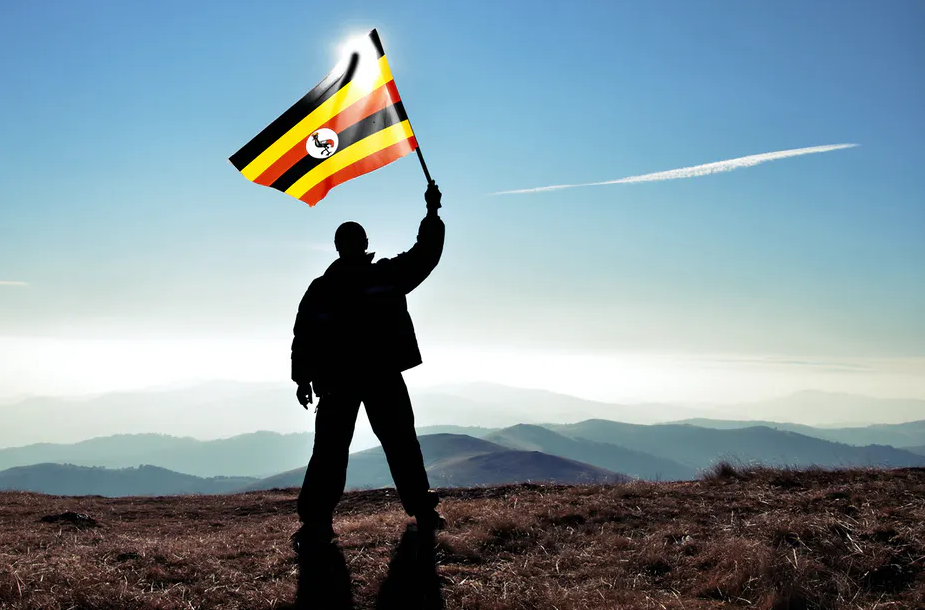
I promised that I would come back to the dearth of Buganda’s participation in national politics. For me the story starts with a little incident that happened in my village about thirty odd years ago. My late father, who had been part of the Resistance Council leadership (as it was known then) lost an election. The joke was that he was too strict, demanding that residents who wanted to erect houses in our suburb of Najjanankumbi must present approved plans. Little did he know he was digging his own political grave. The village drunkard beat him hands down. That was the last of the old man in politics.
On account of limited space, I will skip to the 1995 parliamentary drama in which federalism was debated and the 2005 saga in which term limits were removed from the constitution. This was followed by the 2017 elimination of the constitutional requirement stipulating that candidates vying for the Presidency be under 75 years of age. The period 1995 to 2021 is the equivalent of more than a generation, and many things can change in that time.
Between 1995 to the present, we have not only seen the number of legislative representatives increase, but also a consistent decline in the calibre of those legislators. Indeed some of the honourables who found themselves in the august house, had walked straight from college or a University. While Besweri Mulondo had started a tectonic rift between Buganda and the Central government which saw fewer and fewer Baganda of leadership quality ascending to national politics, nothing can beat the 2005 constitutional amendment in which erstwhile proponents received bribes equivalent to as little as US $ 1,400 (at today’s rates) to trash the constitution. This point, in my opinion, marks the lowest watershed in what has become Buganda and Uganda’s leadership crisis.
First, in accepting to change the constitution, our leaders had struck a Faustian bargain of sorts. A Faustian bargain is a pact whereby a person trades something of supreme moral or spiritual importance, such as personal values or the soul, for some worldly or material benefit, such as knowledge, power, or riches. According the Encyclopaedia Britannica, Faustian bargains are by their nature tragic or self-defeating for the person who makes them, because what is surrendered is ultimately far more valuable than what is obtained, whether or not the bargainer appreciates that fact.
Second, is the fact that through a series of political manipulations and gerrymandering, the ruling party was able to attain an overwhelming majority in parliament. Opposition became anathema and those who oppose the government today, are seen more as enemies of the state rather than an alternative government. A sad state of affairs. One is reminded of the story of the Emperor Caligula who planned to appoint his favorite horse Incitatus to a consulship! Equally today, in our legislature, one cannot be surprised at the outcome of the wishes of the rulers on account of a tyrannical majority.
So why have these developments spawned a crisis of leadership. I can only speak for Buganda. My hypothesis is that because the Ganda are bound by a strong clan and cultural system, it is difficult for upright and respectable persons to offer themselves up for national leadership which has more or less turned farcical. It therefore comes as no surprise when one sees two legislators from the same region (Buganda) insulting each other in a manner unbecoming of leaders as we have seen on social media. That is the new normal for leaders throughout most of Uganda. It is difficult for us to identify with these people because we know it takes a village to raise a child. However, nature abhors a vacuum and that space has now been taken up by those who feel no shame or remorse in disparaging others and their village. I cannot speak for other regions but I suppose I am not far off the mark.
Samuel Sejjaaka is Country Team Leader at Mat Abacus Business School. Twitter @samuelsejjaaka


